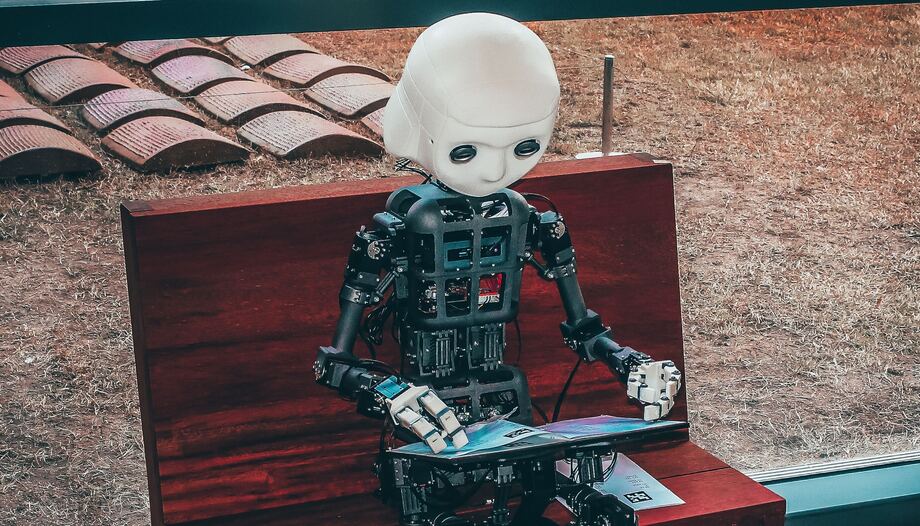The Catholic Communication Collaborative Conference 2023 (C3), an educational technology professional development initiative for teachers, staff and volunteers involved in teaching in Catholic schools, was held August 2-4 in Los Angeles, California.
The event was attended by 1,200 participants and was held at Mary Star of the Sea High School in San Pedro, California. The theme of this year's conference was "Discover". Over the course of three days, 85 workshops and courses were held, both in person and virtually, on the use of online tools as well as the latest advances in Artificial Intelligence (AI) for education.
José Gomez, Archbishop of Los Angeles, said: "Remember that everything we do in communication is to serve Jesus. We are here to serve Him and to bring people to a new encounter with Him. The Church needs to have a strong presence in the culture. digital. We all have a responsibility in the mission of the Church and therefore we all have the task of using these new technologies to share our faith. The new tools must serve the mission of the Church," said Gomez.
GPT Chat
The opening session was presented by Rushton Hurley founder of the Next Vista for Learning organization and was entitled: "GPT Chat: An Earthquake in our Professional Terrain". In his talk, Hurley explored the implications of emerging technologies, especially AI and how they can be used in the service of schools and parishes. "You've heard of Chat GPT. Do you truly know what it does - does it write or does it generate writing?" he asked attendees. There is a big difference. In writing you tell stories, anecdotes, experiences, etc. "Chat GPT cannot say 'Yesterday I went to the beach' as it is a tool that makes word predictions. It doesn't think," said the presenter. Hurley also invited attendees to be aware that AI can produce misguided results, have biases, or simply be totally wrong. For example, "if you ask an AI application (that does not have a built-in calculator) to multiply three random digits of 18 or more digits, the answer is likely to be false. That's because no one has ever asked that question before," Hurley explained, so there is no exact answer.
Even when it produces false results, the AI application will present its solution with enormous certainty, he said. In that sense, "I am frightened by the capacity of AI to generate an impressive amount of misinformation or false information," he said, adding that certainty is not synonymous with accuracy, as the latter is not the central point of AI tools. "When using them," he said, "we must think that it is necessary to verify the veracity of the answers." And that is why critical thinking goes hand in hand with the use of AI.
Origin of the C3 conference
The C3 conference is part of an initiative of the Archdiocese of Los Angeles which began in 2009 and is offered every year to promote the use and learning of technology in teaching among the academic staff of Catholic institutions.
The conference was made possible by the Archdiocese of Los Angeles' grant since 1960 of a radio license for educational purposes administered by the U.S. Federal Communications Commission.








